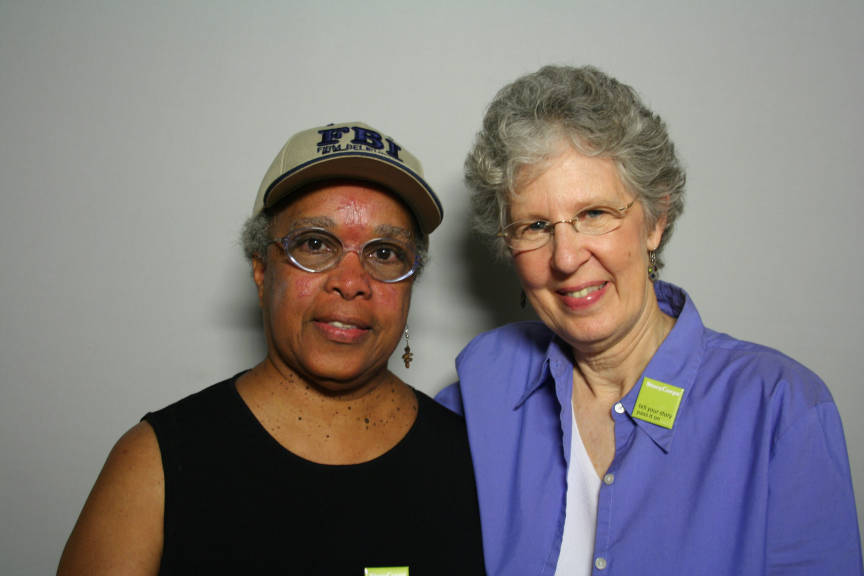"Teaching is not telling"
As Ms. Askew explains, teaching is not telling. To really learn something, we need to understand it, not just be able to parrot it back on cue. One of the methods Ms. Askew used in her classroom is the Socratic Method, in which the teacher asks many questions of the students, not only to test their knowledge, but to assess and sharpen their understanding of the material. When done skillfully, this method can hone students' critical thinking skills.
The Socratic Method is commonly employed in law school classrooms. The University of Chicago School of Law describes the Socratic Method this way:
Socrates (470-399 BC) was a Greek philosopher who sought to get to the foundations of his students' and colleagues' views by asking continual questions until a contradiction was exposed, thus proving the fallacy of the initial assumption. This became known as the Socratic Method, and may be Socrates' most enduring contribution to philosophy.
For younger children, the Socratic Method can help them listen to each others' points of view from a collaborative rather than judgmental standpoint, so they can have respectful dialogue with each other and their teacher.






